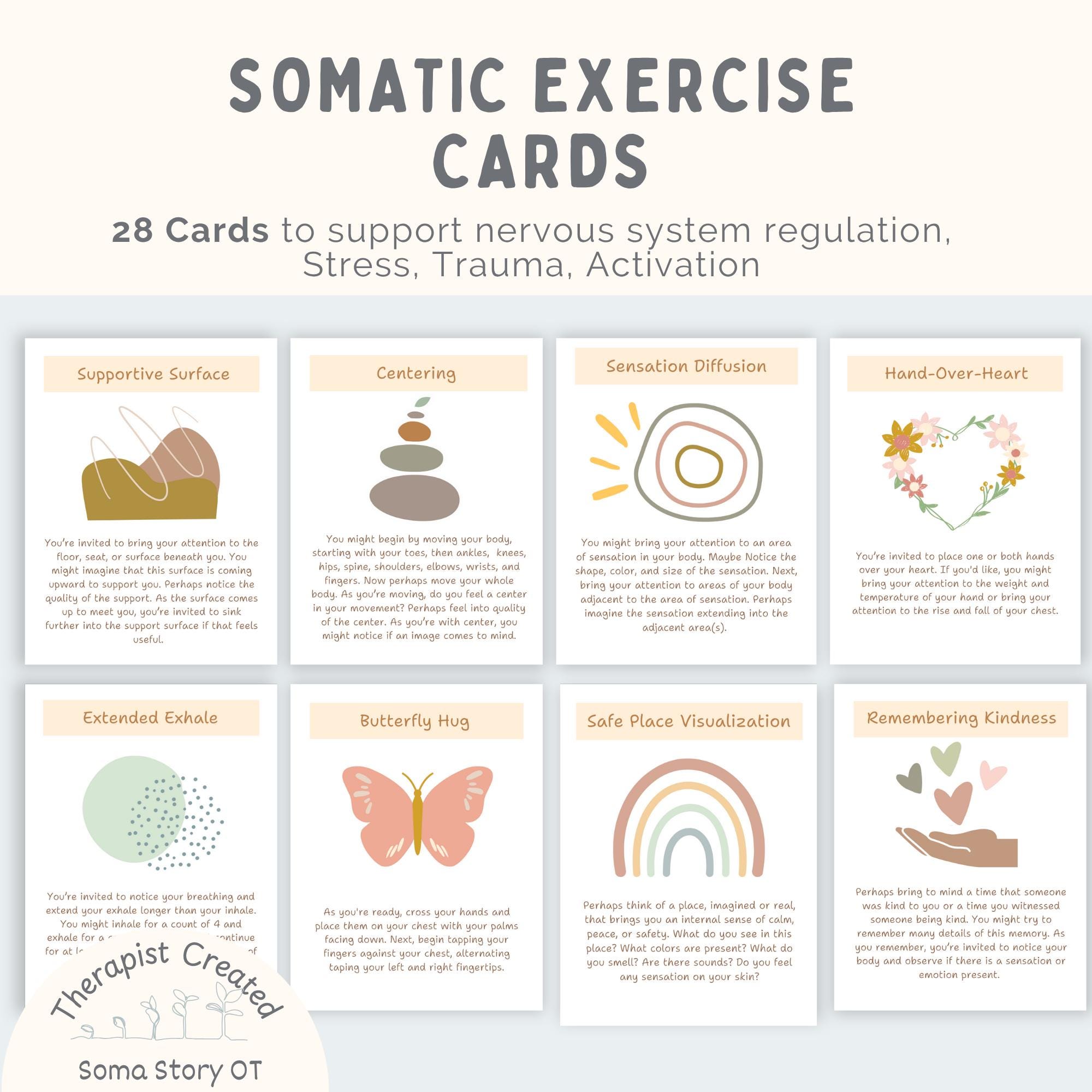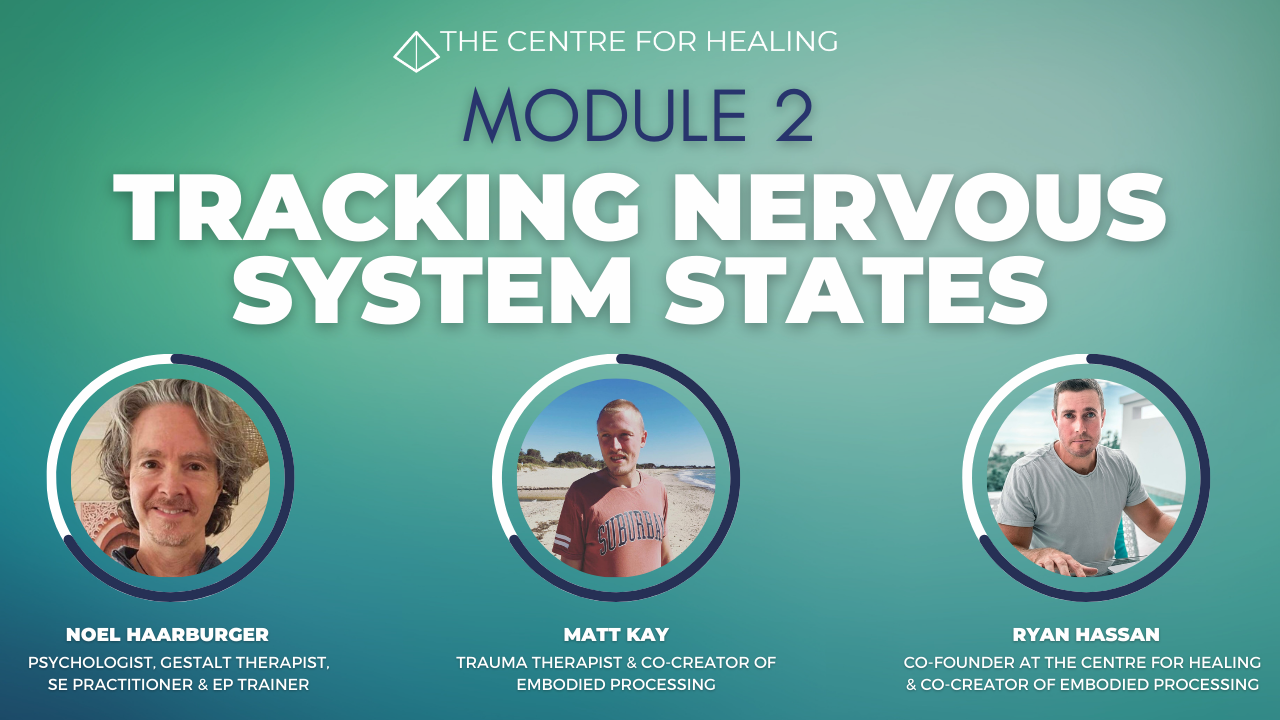Featured
Table of Contents
- – Recognizing Transgenerational Trauma in Immigr...
- – Why Typical Therapy Loss Short
- – The Bicultural Treatment Advantage
- – EMDR: Evidence-Based Treatment for Complex Trauma
- – Multilingual Therapy: Language and Emotional H...
- – Online Treatment: Eliminating Obstacles to Spe...
- – Trick Treatment Elements for Bicultural Mental...
- – Typical Restorative Focus Locations
- – The Cultural Context of Mental Health
- – Therapy Timeline and Assumptions
- – Key Words for Finding Bicultural Treatment
- – Taking the Very First Step
Adult children of immigrants deal with special mental health and wellness challenges that common treatment usually misses out on. The consistent negotiation between cultural globes, unspoken family members expectations, and inherited injury patterns need customized understanding-- not simply professional training, but lived social capability.
Recognizing Transgenerational Trauma in Immigrant Families
Transgenerational injury describes psychological and mental wounds passed down via generations. When moms and dads experience battle, compelled movement, oppression, or survival-level hardship, their worried systems adjust to continuous risk. These adjustments-- hypervigilance, emotional suppression, distrust of outsiders-- usually transfer to their kids via parenting styles, household characteristics, and even epigenetic adjustments.
And second-generation Americans often experience stress and anxiety, sense of guilt, anxiety, and identification complication without recognizing the resource. Typical manifestations consist of persistent stress and anxiety regardless of secure scenarios, problem establishing limits with family, sense of guilt over individual options that vary from social norms, psychological tingling or difficulty expressing feelings, perfectionism and anxiety of failure, and persistent self-doubt despite unbiased success.
Research shows these aren't personality imperfections-- they fidget system feedbacks acquired from moms and dads who made it through in survival setting.
Why Typical Therapy Loss Short
Typical therapeutic methods were established mainly by and for white, Western populaces. When specialists lack cultural competence, they commonly misunderstand culturally normative actions as pathological. Family distance ends up being "enmeshment." Respect for seniors comes to be "inability to individuate." Collective worths become "codependency."
This cultural mismatch triggers numerous issues. Treatment referrals conflict with cultural values, producing impossible options. Customers feel misconstrued and invalidated, decreasing therapy efficiency. Cultural toughness and strength factors go unrecognized. Embarassment and regret escalate as opposed to resolve.
For immigrant families, therapy must recognize both the cultural context and the psychological fact-- recognizing that bicultural identity isn't a problem to address but a genuine experience calling for specific support.
The Bicultural Treatment Advantage
Bicultural specialists bring essential understanding that goes beyond professional training. They acknowledge the subtleties of navigating two value systems, comprehend family characteristics within social context, speak the very same cultural language (commonly literally), confirm the intricacy without pathologizing either culture, and recognize transgenerational trauma patterns usual in immigrant communities.
This social attunement permits deeper, faster therapeutic work. Customers spend less time discussing and safeguarding their experience, and even more time in fact recovery.
EMDR: Evidence-Based Treatment for Complex Trauma
Eye Movement Desensitization and Reprocessing (EMDR) has actually shown particularly reliable for adult kids of immigrants dealing with transgenerational trauma. Unlike standard talk therapy, EMDR assists the brain reprocess traumatic memories and restricting beliefs kept at a neurological level.
EMDR functions via reciprocal stimulation (eye movements, tapping, or sounds) while refining stressful memories or ideas. This helps the mind total disrupted handling, minimizing emotional fee and physical distress associated with injury.
For bicultural individuals, EMDR addresses inherited restricting beliefs like "I'm insufficient," "I do not belong anywhere," "My demands do not matter," "Success implies betraying my family members," and "I should be perfect to be entitled to love."
Research shows EMDR's efficiency for PTSD, facility trauma, anxiety conditions, clinical depression, and cultural change concerns-- all usual amongst immigrant populations.
Multilingual Therapy: Language and Emotional Handling
For many bicultural individuals, emotional experiences are encoded in different ways across languages. Childhood years memories and family dynamics frequently exist in the native language, while grown-up experiences and professional identification link to English.
Bilingual therapy permits customers to access deeper emotional product by relocating in between languages as needed. This captures subtleties shed in translation and addresses the reality that some sensations merely do not have equivalent words across languages.
Online Treatment: Eliminating Obstacles to Specialized Care
Finding culturally competent therapists learnt trauma-specific modalities can be nearly impossible in several areas. Online therapy gets rid of geographical limitations, making specialized bicultural treatment obtainable statewide.
Research studies verify online therapy creates similar end results to in-person treatment for anxiousness, anxiety, injury, and tension administration. EMDR equates properly to telehealth through screen-based eye movements, self-administered touching, or reciprocal audio stimulation.
Fringe benefits consist of flexibility for active specialists and caretakers, no commute time or traffic tension, privacy and comfort of home environment, and less complicated organizing across time zones.
Trick Treatment Elements for Bicultural Mental Health And Wellness
Reliable treatment for grown-up kids of immigrants need to consist of confirming the bicultural experience without lessening either point of view, checking out household characteristics within their social context, refining transgenerational trauma utilizing evidence-based approaches like EMDR, attending to specific challenges like sense of guilt, anxiety, and identification complication, creating boundary-setting abilities that value cultural worths, and structure authentic identity that integrates instead of picks in between cultures.
The goal isn't to turn down cultural heritage or dismiss American worths-- it's to create an incorporated feeling of self that attracts strength from both.

Typical Restorative Focus Locations
Bicultural therapy generally attends to sense of guilt around personal selections that vary from household assumptions, anxiety pertaining to disappointing parents or cultural area, identity complication from living in between two value systems, relationship obstacles consisting of dating and marital relationship across cultures, job choices and adult authorization, interaction problems with immigrant moms and dads, and handling particular injuries connected to immigration, discrimination, or cultural displacement.
Several clients also overcome sorrow for parents' sacrifices and shed opportunities, rage at social limitations or unreasonable expectations, and shame around not being "sufficient" in either culture.
The Cultural Context of Mental Health

In many immigrant cultures, mental health has a hard time bring substantial preconception. Seeking therapy can seem like admitting failure, being unthankful, or bringing pity to the family. Bicultural specialists comprehend these problems and can aid customers browse them.
Therapy commonly consists of psychoeducation about just how injury influences the nerves, stabilizing psychological health and wellness battles within cultural context, creating language to go over treatment with family if preferred, and honoring social staminas while resolving locations of battle.
Therapy Timeline and Assumptions
Healing transgenerational trauma differs commonly based upon complexity of injury, individual objectives and preparedness, healing approach used, and uniformity of therapy interaction.
Some customers experience considerable alleviation within weeks using intensive EMDR strategies. Others take advantage of longer-term therapy that attends to numerous layers of trauma and identification development. Both courses stand.
The therapeutic relationship issues considerably. Finding a provider who understands your social history and uses evidence-based approaches for injury makes significant difference in outcomes.
Key Words for Finding Bicultural Treatment
Appropriate search terms include bicultural treatment, treatment for grown-up children of immigrants, transgenerational injury treatment, EMDR for social injury, very first generation American therapy, 2nd generation immigrant treatment, bilingual therapy, Spanish-speaking EMDR specialist, cultural identity therapy, immigrant family treatment, and complex injury therapy.

Look for specialists with specific training in injury methods (EMDR qualification, Somatic Experiencing, and so on) and showed cultural proficiency via lived experience or specialized training.
Taking the Very First Step
If you're having a hard time with the weight of 2 societies, experiencing stress and anxiety or sense of guilt you can not totally clarify, really feeling detached from your genuine self, or recognizing patterns from your parents' trauma in your own life, specialized bicultural treatment can assist.
Several therapists use free consultations to determine fit. This permits you to analyze whether the service provider truly understands your cultural context and has the clinical abilities to attend to intricate trauma.
[:city,state,lurl] Therapist in Irvine,CA,https://empoweruemdr.com/therapist-in-irvine [/x]Your bicultural identity isn't a deficit-- it provides possible stamina and durability. With the right restorative assistance, you can heal inherited injuries, develop authentic identification, and construct a life that honors both your heritage and your specific truth.
Table of Contents
- – Recognizing Transgenerational Trauma in Immigr...
- – Why Typical Therapy Loss Short
- – The Bicultural Treatment Advantage
- – EMDR: Evidence-Based Treatment for Complex Trauma
- – Multilingual Therapy: Language and Emotional H...
- – Online Treatment: Eliminating Obstacles to Spe...
- – Trick Treatment Elements for Bicultural Mental...
- – Typical Restorative Focus Locations
- – The Cultural Context of Mental Health
- – Therapy Timeline and Assumptions
- – Key Words for Finding Bicultural Treatment
- – Taking the Very First Step
Latest Posts
Navigating 2 Societies: Why Bicultural Therapy Functions for Transgenerational Trauma
Intensive Therapy Covered By Insurance Advantages & Pricing
Positioning for Mental Health Professionals
More
Latest Posts
Navigating 2 Societies: Why Bicultural Therapy Functions for Transgenerational Trauma
Intensive Therapy Covered By Insurance Advantages & Pricing
Positioning for Mental Health Professionals